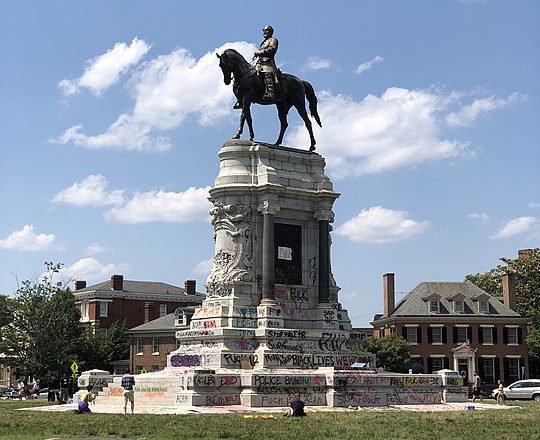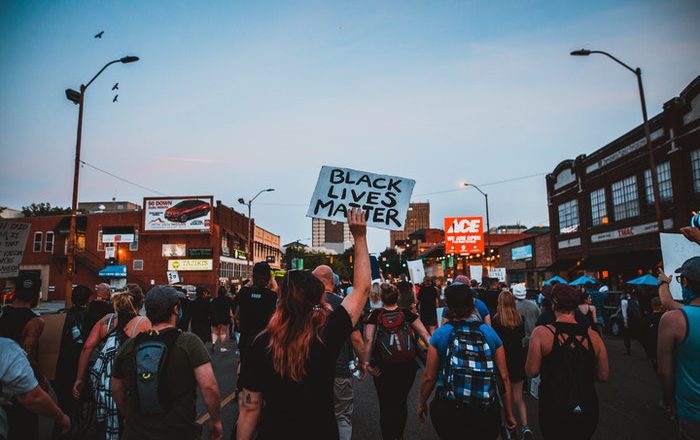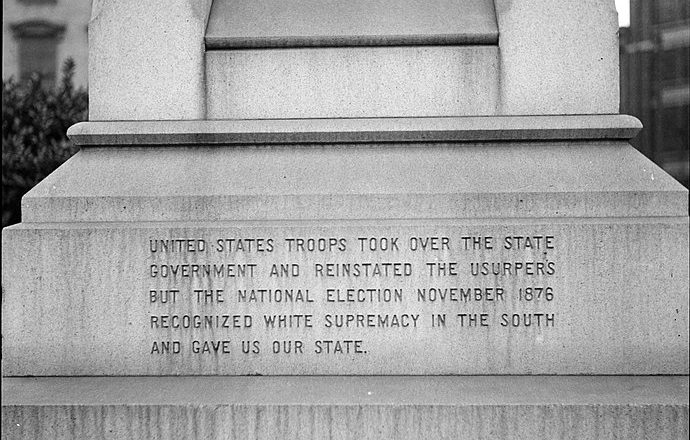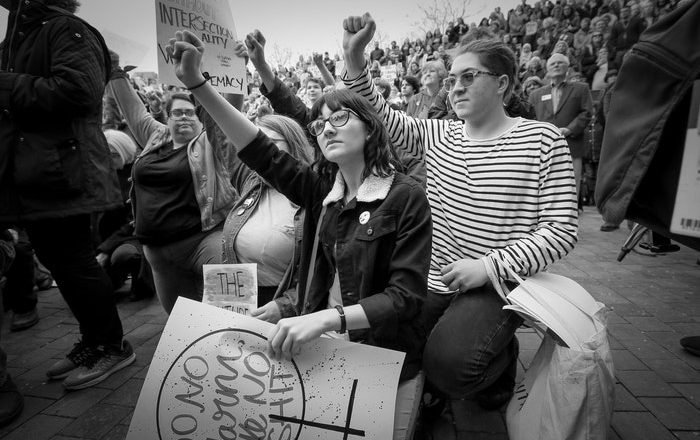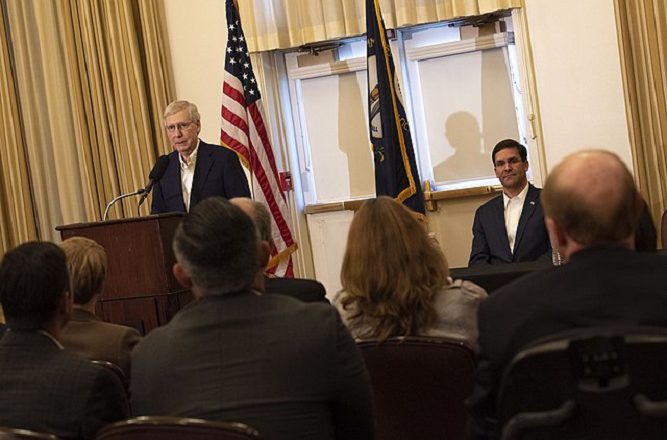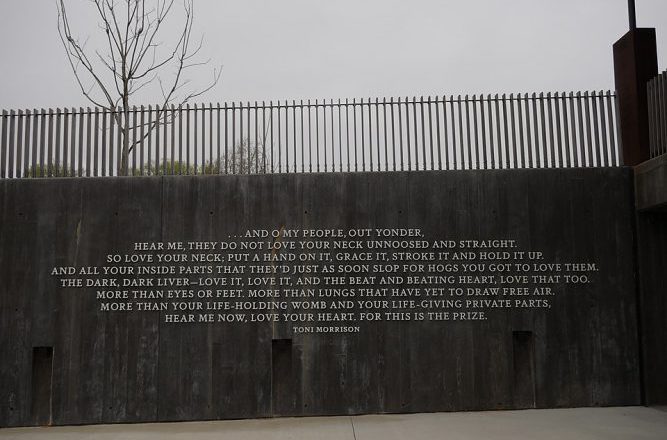Latest legal hurdle to removing Confederate statues in Virginia: The wishes of their long-dead white donors
A controversial statue of Robert E. Lee will remain in place in Richmond, the former capital of the American Confederacy –- at least temporarily.
On June 18, a judge extended an injunction barring the removal of the Confederate general’s statue, stating that “the monument is the property of the people,” not the state of Virginia, which seeks its removal.
In early June Virginia Gov. Ralph Northam vowed to dismantle the prominent Lee statue in Richmond, the state capital, following sustained, nationwide protests over police brutality and racism. That plan was blocked by a 10-day court injunction – now extended through late July – based on the petition of a man whose ancestor, Otway Allen, gave Virginia the land the the sculpture sits on.
In his petition, William C. Gregory claimed that di...
